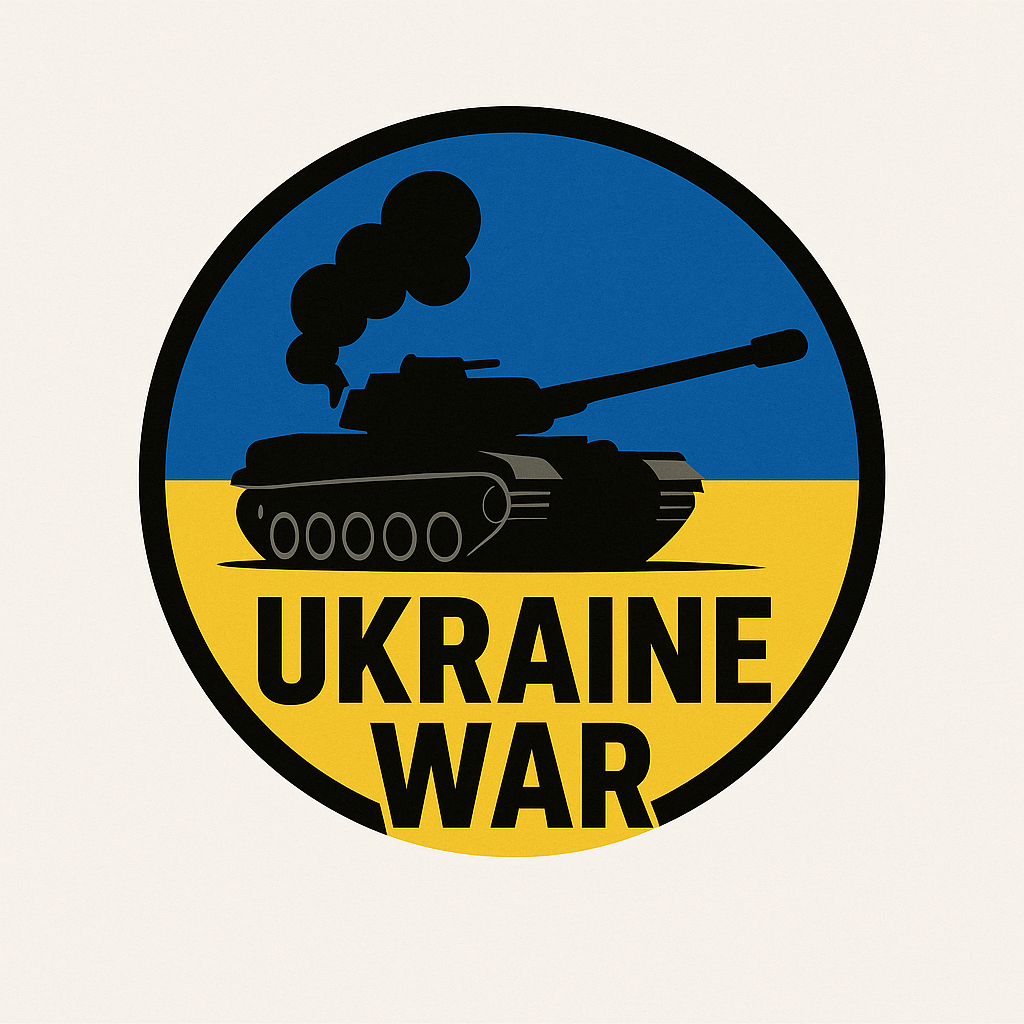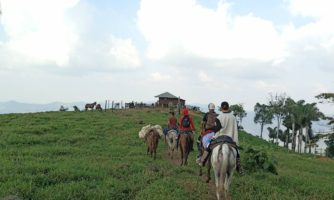By Ana Piquer Romo, Americas director at Amnesty International
On Colombia’s Victims’ Day, Amnesty International calls for the Peace Community of San José de Apartadó to be respected, once and for all.
On April 9, Colombia commemorates the National Day of Memory and Solidarity with the Victims of the Colombian Armed Conflict. It is alarming that official government counts speak of 9.8 million victims, almost a fifth of the country’s population. What’s worse is that these figures are still on the rise.
A week earlier, on April 1, the Justice Evaluation Commission for the Peace Community of San José de Apartadó was installed in Apartadó, Antioquia. This is part of Colombia’s commitments to the Inter-American Human Rights System, which has observed the case of the Community for 28 years and on which Colombia has been stuck at a standstill for all this time. This Commission should help to unblock hundreds of investigations into acts of violence against the Community that the State has overlooked, and that today remain unpunished.
The Peace Community was founded in 1997 in the Urabá region, when the Colombian armed conflict was approaching its worst peaks of violence: figures for all indicators of violent events in the country reached their worst between the end of the 20th century and the beginning of the 21st. Despite declaring themselves neutral, and almost precisely for this reason, the members of the Peace Community have suffered violence from the FARC guerrilla, paramilitaries, the armed groups that succeeded them, and state agents who, instead of protecting them, attacked them.
February 21 marked 20 years since the gruesome 2005 massacre. Although it was the sixth the Community had suffered, it was so horrifying that it is remembered as The Massacre of San José de Apartadó. This atrocity was committed by paramilitaries in the presence of members of the 17th Brigade of the Colombian Army who murdered eight people with machetes, including Luis Eduardo Guerra, one of the main Community leaders, and three children under the age of 10. A score of paramilitaries and seven soldiers, including an Army colonel, have been convicted in connection with these events, despite the fact that, at the time, the government blamed the FARC guerrilla and denied the claims of the Community who witnessed the massacre.
After such an event, the State should have brought the Community the protection, justice and reparation they had been seeking for years. Instead, at the end of that year, and during 2006, state agents continued to attack the Peace Community in various ways, even committing what are inappropriately labelled “false positives” (the unlawful killing of civilians falsely presented as “guerrillas killed in combat”) against members of the Community, who are still awaiting justice. It is shameful that, instead of protecting them, agents of the Colombian State are among those who decided to attack them.
It is devastating to think that all this occurred despite the fact that the Community has been the beneficiary of precautionary measures by the IACHR since 1997, provisional measures by the Inter-American Court of Human Rights since 2000, and that the Colombian Constitutional Court ordered the State to comply with those international decisions in 2004. Even the Ombudsperson’s Office had detected the risk in November 2004, but the government at the time decided not to issue an early warning regarding the Community.
That all these national and international institutional safeguards had been unable to prevent a massacre committed with the support of agents of that same State is disheartening.
Even sadder is the fact that violence remains the present reality of the Peace Community. A year ago, on the eve of the Community’s anniversary on March 23, Amnesty International and numerous other international organizations visited the Colombian government to learn about the measures that are finally being planned to repair the Community and ensure that it does not suffer any more violence. During the same meeting we heard the news of the murder of Nalleli Sepúlveda and Edinson David, the latter just 14 years old, which occurred on March 19. The Peace Community still lives under the simmering threat of violence.
For decades, our solidarity movement has rallied on behalf of the Community from many parts of the world; we have joined the efforts of people who courageously defend human rights in Colombia, the right to land, territory, the environment, the right not to be forcibly disappeared and to conduct a dignified search for those who were, the right to assemble and speak out in public without suffering repression and abuse with the use of force; the right not to be treated differently because of territory, race, sex or sexual orientation.
On the day of Memory and Solidarity with the Victims, Amnesty International reaffirms its commitment to the Peace Community of San José de Apartadó to ensure that, at last, the Colombian State is able to protect them, along with all the people giving their lives in defense of their rights.
The Peace Community, as well as many other Colombian organizations and communities, teach the world to never give up on defending something that is inherent to all: human rights.
This article was originally published in Confidencial Noticias.

